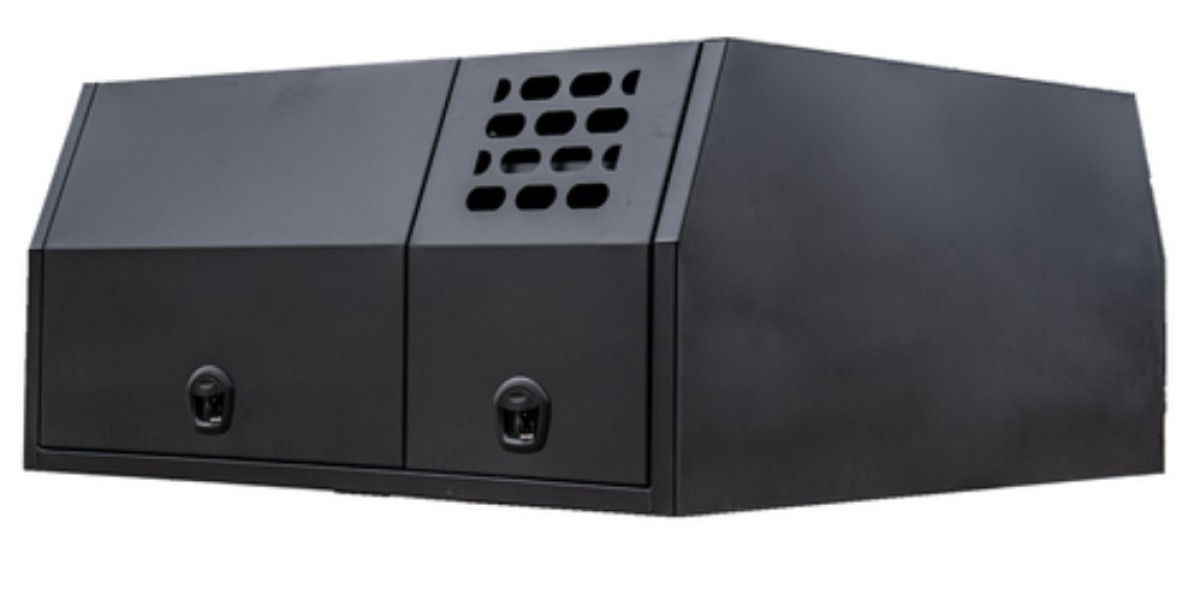In today’s rapidly expanding energy storage and backup power industry, BIS Certification for Storage Batteries is essential for ensuring safety, reliability, and quality. The Bureau of Indian Standards (BIS) is India’s national standards body responsible for setting guidelines for manufacturing, importing, and distributing products in the Indian market. Given that storage batteries are essential components for industries, vehicles, and even home use, they are on the list of products requiring mandatory certification. This isn’t just a regulatory formality; it’s a legal requirement for any business looking to sell their batteries in India.
What is BIS Certification for Storage Batteries?
BIS Certification for Storage Batteries confirms that the product meets Indian Standard IS 16270:2014 (or any updated standards that may apply). The certification process includes testing the product in BIS-approved labs, inspecting manufacturing facilities, and conducting quality checks. Both domestic and international manufacturers must adhere to these standards before their batteries can hit the Indian market.
This certification is particularly critical for lead-acid and lithium-ion batteries, along with other rechargeable batteries used in UPS systems, solar storage, and electric vehicles.
Why is BIS Registration for Storage Batteries Important?
The push for BIS Registration for Storage Batteries stems from the growing demand for high-quality, durable, and safe energy storage solutions. Batteries that lack certification can be risky, leading to potential leaks, short circuits, or even fire hazards. Therefore, the Indian government has made BIS registration mandatory to safeguard consumer interests and maintain a safe electrical environment.
Some key benefits include:
Building trust and credibility with Indian consumers.
Avoiding legal complications, product recalls, or import restrictions.
Ensuring consistent product quality and performance.
The Process of Obtaining BIS Certification
To get BIS Registration for Storage Batteries, manufacturers need to follow a clear process:
Application Submission – Complete the application form on the BIS portal, including relevant product details.
Product Testing – Submit battery samples to a BIS-recognized lab for safety and performance evaluations.
Factory Audit – A BIS officer visits the manufacturing facility to review the quality control systems.
Grant of Certification – After a successful review, the BIS certificate will be issued.
This entire process usually takes around 4-6 weeks, depending on the documentation and test results. Once certified, the product must display the Standard Mark (ISI mark) on its packaging.
Who Needs BIS Certification?
All manufacturers and importers involved with storage batteries in India must secure BIS Certification for Storage Batteries. Whether you’re a local manufacturer or a foreign exporter, compliance is a must. Many startups and SMEs mistakenly believe it’s optional, but skipping this step can lead to fines and product seizures.
Conclusion
EVTL is one of the leading BIS CRS Consultant in India helping manufacturers obtain there BIS License hassle free. In the fast-changing energy storage environment, obtaining BIS Registration for Storage Batteries is essential for staying compliant, competitive, and reputable. By adhering to the BIS certification requirements, businesses can not only guarantee product safety but also enhance their market standing in India.
For an effortless and expert approach to the application process, testing, and documentation, consider consulting a BIS certification specialist to guide you through your registration journey.









